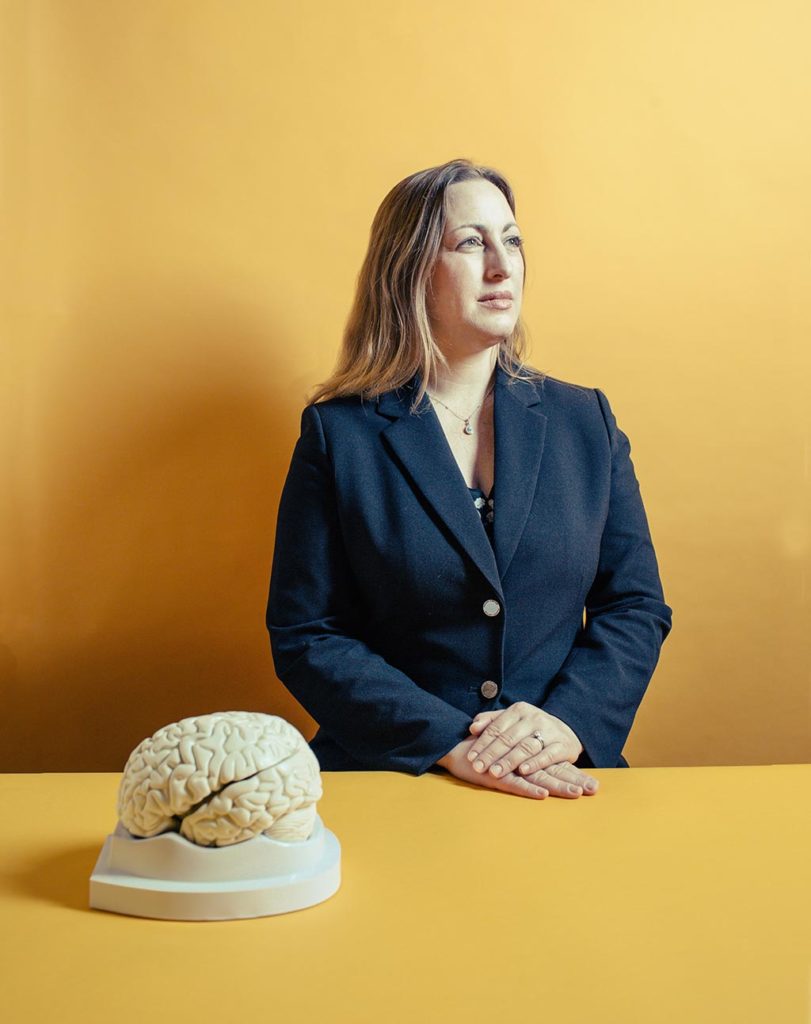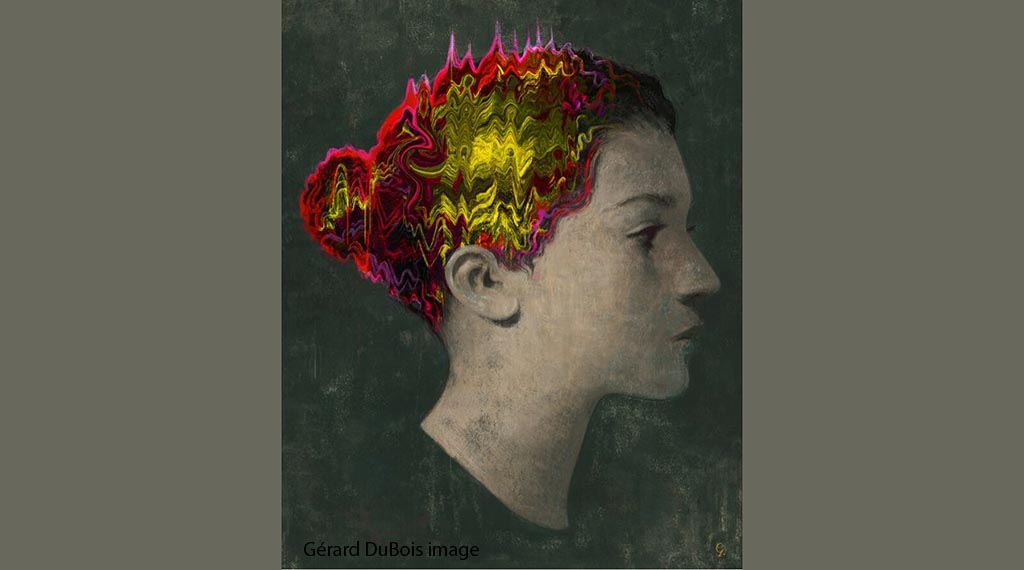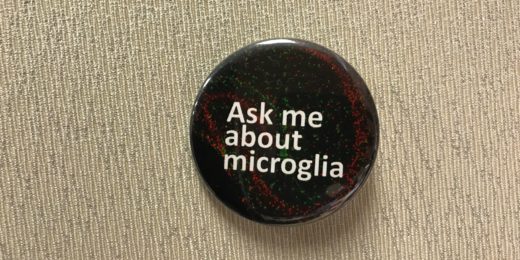When I interviewed cancer survivor Sarah Liu, 53, at a Berkeley coffee shop, she seemed remarkably together -- well-spoken and thoughtful, just what you'd expect of a former freelance editor who had mastered multiple languages and taught at the University of California Berkeley.
Then she launched into the history of the debilitating after effects of cancer treatments she had starting when she was a teenager. She described years of frustration over her declining cognitive abilities -- memory lapses, increasing difficulties following a story line in a book or on television, and the times when her brain would just shut off.
Her early years of radiation therapy and chemotherapy had taken a disturbing toll on her ability to process information, she told me.
"I think it's a complete myth that you live past the five-year survival rate and that's it, you're clear," she said. "For pediatric cancers, in particular, that's not true. These drugs and radiation all have a profound effect. You survive, but the price you pay to survive can be very traumatic."

Michelle Monje, MD, PhD, calls patients like Liu to mind when she describes her research in helping to bring to light possible treatments for a condition referred to as chemo brain. The disorder, a common side-effect of cancer treatment, is characterized by a kind of mental fog, slowed thinking, memory problems, an inability to multitask and in some cases, anxiety, said Monje, an associate professor of neurology and neurological sciences at Stanford. I describe her work in the latest issue of Stanford Medicine magazine.
"Cancer is not done when the cancer is gone," Monje told me. "We need to follow up on the very serious consequences of these life-saving therapies, and hopefully promote regeneration and healing of the damage done by these very powerful treatments."
Monje and her colleagues have recently pinpointed a possible source of chemo brain, and identified two potential therapies. In their studies, the researchers found that the common cancer drug, methotrexate, leads to a cascade of molecular events that ultimately disturb the workings of glial cells -- essentially the brain's support system. That caused fundamental and persistent changes in the brain that impaired its function in laboratory mice.
The scientists tested two different compounds that interfered with the destructive process, effectively halting the damage and restoring normal brain processing, they reported. Monje said clinical trials are likely a few years away, pending additional studies.
But the research has given hope to patients like Liu. "This is the first time I felt there might be something that isn't just relieving the pain, but is actually making things better," she said.
Top image by Gérard DuBois. Photo by Timothy Archibald.






